
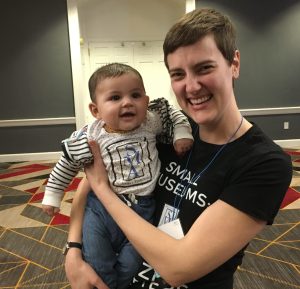
Working at a small museum can be challenging – there are never enough hours in the day or resources in the budget to implement all of the exciting ideas the dedicated staff and volunteers come up with. Another thing there is often little time for is professional development; when you’ve had a busy day giving tours, cataloging collections, and maybe even cleaning the bathrooms, it’s hard to think about what skills you may need to be better at your job and advance your career, or where you can learn them.
In 2011, while working at a historic house museum in Maryland as part of a two-person staff, I found my solution to that dilemma: the Small Museum Association’s annual conference. I attended that year as a conference scholarship winner and immediately knew I wanted to come back, so I talked my way on to the committee that organizes the conference every year and receives free registration in return. After six years of Conference Committee service, including three as its Chair, I am stepping down from the committee because I need to focus on my work as the organization’s Board Vice President. I knew that serving on the committee would ensure that I could attend the conference’s informational workshops and sessions every year, but I had no idea how much it would develop my abilities to organize, strategize, and lead.
Serving on the Conference Committee, and eventually chairing it, was a significant investment of my time and energy. For much of the time I had both a full-time and a part-time job, so some nights I just didn’t feel like sending emails or reading conference session proposals. I found, though, that my conference work usually gave me more energy than it took away. It helped that my fellow Committee members were some of the funniest, most imaginative people that I have ever had the good fortune to work with, that we were all dealing with the same need to efficiently multitask, and that I could see that every year’s work was helping to expand my professional network.
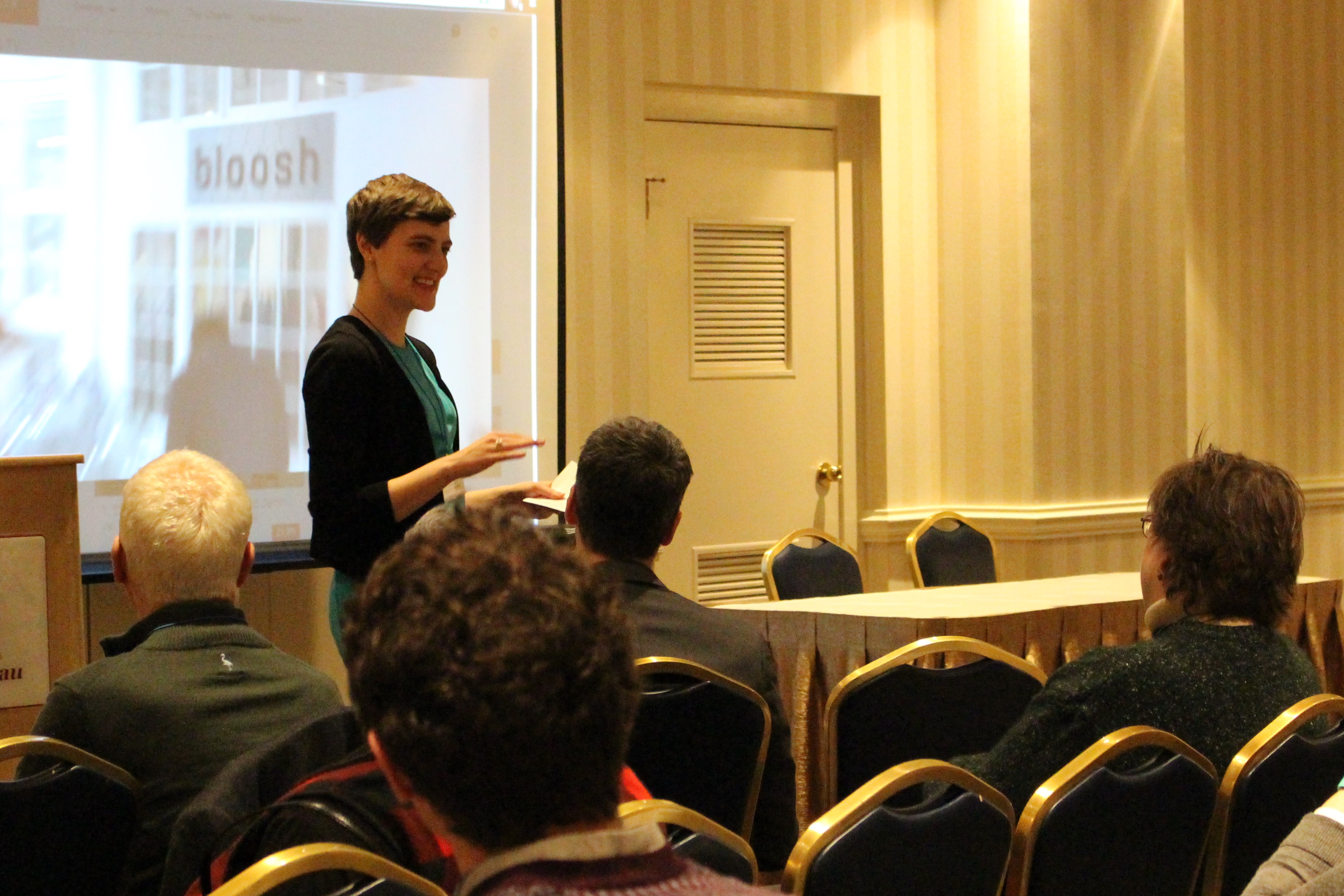
Continuing to learn and develop our skills throughout our careers doesn’t have to be one more task on an already-long to-do list. Be strategic about it – what do you want to learn that your small museum can’t teach you, and what other organization might have space for you to learn it? If you don’t want to commit to a multi-year board or committee term, maybe there’s a task force that is working for a shorter duration, or perhaps you could apply for a fellowship. Look around your community for a museum or other organization that might need your help, and talk to peers about where they have volunteered and what they gained from it.
Even though attending the AAM Annual Meeting might seem daunting, think of the number of networking opportunities and educational sessions available. There are a number of ways to save if you don’t have a lot of resources in your pocket.
If there’s one thing that my time with SMA has taught me, it’s that small museum people are resourceful!
About the Author
Allison Titman is an Accreditation Program Officer at AAM and SMA’s Board Vice President. She is a big fan of baby animal pictures.


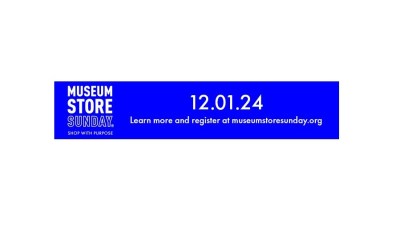
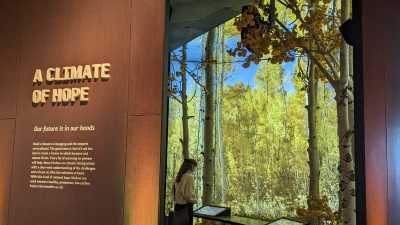

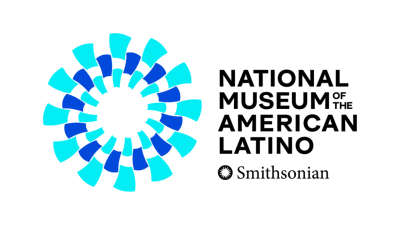

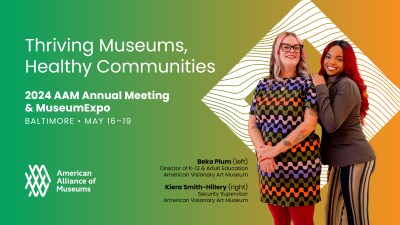
Comments